Radio & TV Cabinet Designers
- Philco
- Philco Safari/Predicta TV
- Philco/Radiobar
- Emerson, Zenith & Hallicrafters
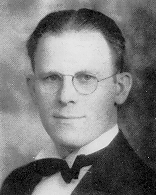 Edward L. Combs (1906-1941) |
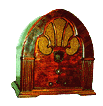
Philco 90 |
|---|---|
| Ed Combs developed the classic model 70/90 cathedral design for Philco. It was a fantastic success and is one of today's most collectible sets in spite of the large numbers produced. (See article in May 1994 issue of Antique Radio Classified. | |
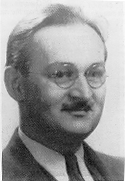 Clyde Shuler (1892-1969) |
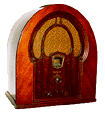 Philco 71 |
| Clyde Shuler developed the cabinet design for the Philco 71/91 cathedral as well as the Philco 66MB tombstone. (See article in November 1994 issue of Antique Radio Classified. |
|
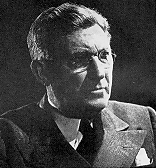 Benjamin S. Nash (1882-1951) |
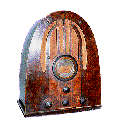 Philco 37-89 |
| Ben Nash created most of Philco's designs in the mid to late 1930s. (See article in March 1994 issue of Antique radio Classified. | |
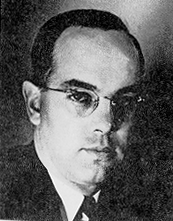 Edgar F. Haines (1913-1964) |
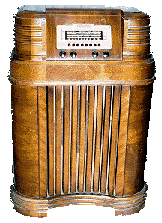 |
Edger designed the classic model 40-180, one of the most successful consoles ever. This is THE stereo-typical Philco art deco console design. (See article in the October1994 issue of the Mid-Atlantic Radio Club's Radio Age. |
|
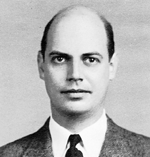 George Patterson (1919-1951) |
 PT-89 |
| George, a Philco staff designer, created this award winning camera-like radio, model PT-89, in 1939 which was molded out of tenite plastic, a Tennessee-Eastman product. (See article in Radio Age August 1994.) |
|
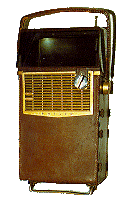
Safari TV |
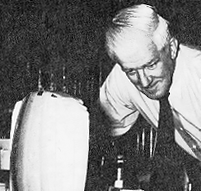 Emil I. Harman (1897-1982) |
|---|---|
| Emil was an extremely talented designer who came to the US from Germany right after WWI. He designed the Safari TV (the world's first transistorized portable TV) as well as the extremely successful 46-1201 record-in-a-slot radio/phono. (See article in the December 1994 issue of the Mid-Atlantic Radio Club's Radio Age.
|
|
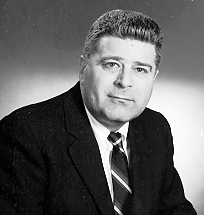 Herbert V. Gosweiler (1915-1991) |
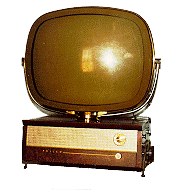 Predicta tabletop version |
| Herbert Gosweiler was the manager of the product design group from 1954-1960 and was instrumental in pushing the concept of a futuristic TV design that gave the illusion of being part of the wall. (See article in May 1994 issue of the Antique Wireless Association's Old Timer's Bulletin). The Predicta was introduced to the public on the Miss America TV show in September 1958, sponsored by Philco, where Mary Ann Mobley was crowned. |
|
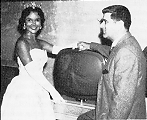 |
The Philco Predicta was introduced to the public on the Miss America pageant TV show in September of 1958. In this photo Mary Ann Mobley, Miss America of 1959, shows Herbert Gosweiler, the manager of appearance design, a Predicta TV. |
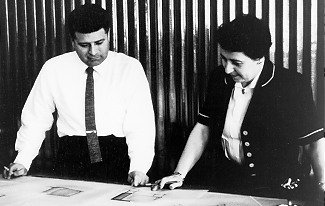 Herbert Gosweiler and Catherine Winkler (1906-1989) |
|
| Catherine designed the famous "gas pump" version of the Predicta. |
|
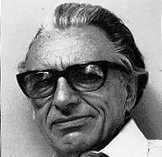 Severin Jonassen (1913- 1998) |
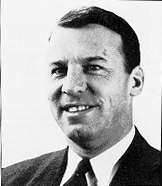 Richard Whipple (1916-1964) |
| Severin Jonassen worked on the design of the tandem version with the umbilical cord. | Richard Whipple made the final design and his name appears on three design patents related to this model. |
Earnest John Krause and the Radiobar Company |
|
|---|---|
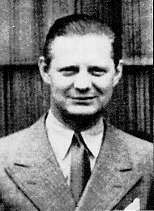 Earnest J. Krause (1897-1970) |
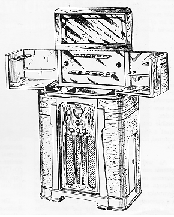 Radiobar patent |
Emerson & Count Alexis de Sakhnoffsky |
|
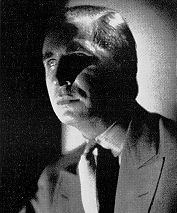 Count Alexis de Sakhnoffsky (1901-1964) |
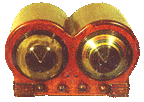 Emerson BD-197 |
|---|---|
| The Count emigrated to the US from Russia after the Bolshevik revolution.
He had many lucrative clients and was best known for his sketches in Esquire magazine in the 1930s. He designed Emerson's BD-197 (shown at right),
nicknamed the "Mae West" and one of the more sought after sets by collectors.
Joining the US Army in WWII he rose to the rank of Lt. Col. at war's end. |
|
Zenith & Robert D. Budlong | |
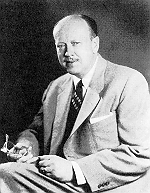 Robert D. Budlong (1902-1955) |
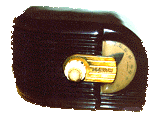 Zenith 6D311 |
| Robert Budlong was the chief architect for most of Zenith's cabinet designs. He had a large independent practice but Zenith was his biggest client. Shown is the model 6D311. (See article in AWA's Old Timer's Bulletin for August 1994.) |
|
Hallicrafters & Raymond Loewy |
|
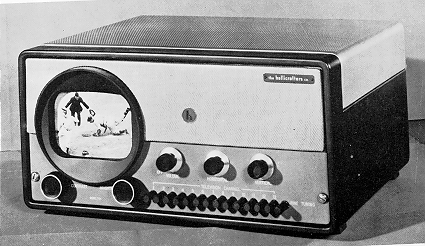 |
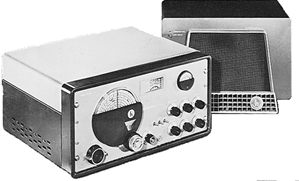 |
| These two Hallicrafters sets were designed by Raymond Loewy's New York firm under the leadership of Richard S. Latham. These pictures were taken from page 113 of his book Industrial Design. To learn more about Loewy go to Raymond Loewy's web page | |
